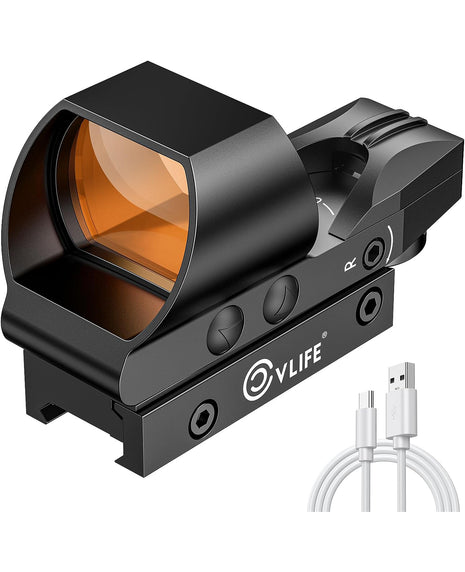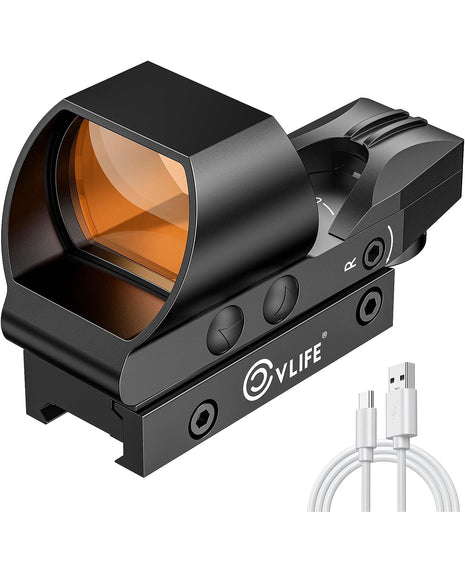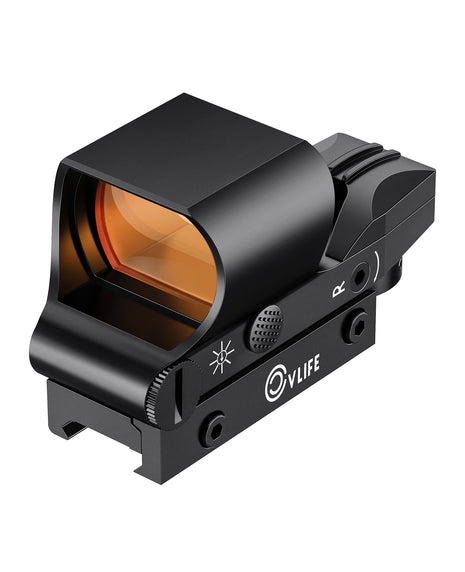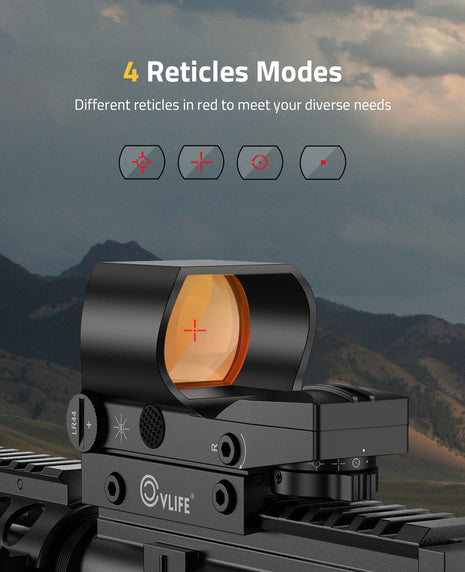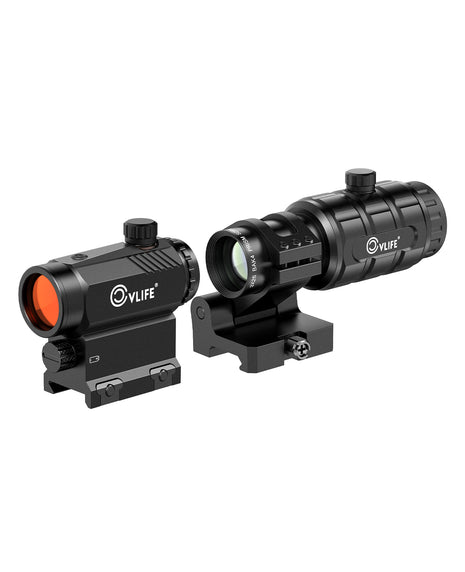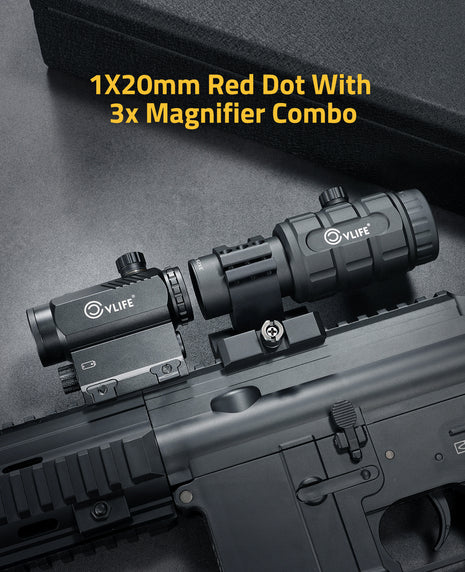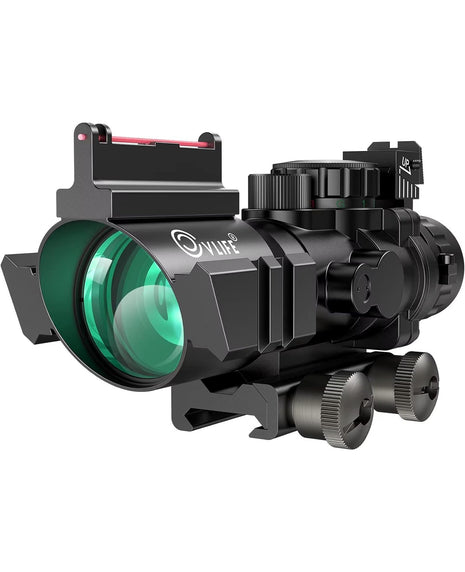6 cosas que hacer para prepararse para un viaje de caza con mochila
- 2 min tiempo de lectura

La caza en zonas remotas suele ser una actividad de un solo día. Caminar, cazar, caminar de regreso. La mochila para cazar, sin embargo, incluye al menos pasar la noche acampando. Esto añade una gran cantidad de complicaciones, desde la comida hasta dónde dormirás. Con la preparación adecuada y el equipo correcto, como los visores Redfield para tu rifle, tabletas de yodo para el agua y un mapa de tu campamento, puedes tener una cacería divertida y exitosa.
Prepárate para estar solo
Primero, es probable que estés solo durante este viaje de caza. Lleva un libro y prepárate para la soledad. Estarás solo por la noche, lo cual puede ser inquietante la primera noche. Cada crujido de una rama puede sonar como algo acercándose a la tienda. Trata de ignorarlo la mayor parte del tiempo para que puedas despertar bien descansado.

Empaca el equipo adecuado
Deberás cargar cada artículo al entrar y salir, con el peso adicional de un animal al salir. Debes saber cuánta comida y agua necesitarás, así como ropa que cubra todas las partes de tu cuerpo. Asegúrate de tener botas y calcetines cómodos. Lleva todos los accesorios que necesites para tu rifle, desde visores hasta bípodes. Querrás purificadores de agua o tabletas de yodo para asegurarte de beber agua segura. Lleva herramientas para limpiar y reparar tus armas de fuego y un kit para despiezar el animal. También necesitarás un sistema para dormir, como un refugio tipo tienda o un saco bivy, un saco de dormir y una colchoneta.
Sé realista
Si no has estado yendo regularmente al gimnasio, no esperes caminar millas a gran altitud. En su lugar, camina una distancia manejable, sabiendo que tendrás que cargar un animal pesado de regreso. No deberías esperar una comida de cuatro tiempos cada noche, ya que empacar comida y algo para cocinar ocupa espacio que tendrás que administrar.
Mantén tus botas secas
Una de las peores cosas que puede pasar durante una cacería con mochila es caminar con botas mojadas. Rápidamente te saldrán ampollas, haciendo que el resto de tu cacería sea miserable. Desde cruzar arroyos hasta el rocío en la hierba alta, es fácil mojar tus botas y calcetines. Lleva calcetines extra y una forma de secarlos. Protege tus botas tanto como sea posible y mantén tus pies secos. Puedes prepararte para tu cacería impermeabilizando tus botas.

Asegúrate de estar hidratado
Sigue bebiendo agua durante todo el día. Si tienes sed, ya necesitas agua. Lleva un purificador de agua o tabletas de yodo. Puede que quieras considerar llevar una vejiga de agua, aunque las botellas recargables también pueden funcionar a costa del peso.
Elige un lugar para acampar con anticipación
Haz tu investigación de antemano. Encuentra un lugar para acampar que esté protegido del viento y cerca de una fuente de agua. Acampar en el lugar equivocado puede significar arriesgarte a no poder llegar a un punto de observación, no escuchar alces por la noche o estar demasiado lejos del agua.
Etiquetas
Featured collection
Blog posts
-

, por ZW CVLIFE Top AR-15 Optic Mistakes Hunters Still Make
-

, por ZW CVLIFE 5 Best AR-15 Scopes: How to Choose Right Optic for Your Rifle
-

, por C V Tu mira para AR-15 no es el problema — tu montura lo es
-

, por C V 🧐 Pensé que mi punto rojo estaba calibrado... Luego probé esto

